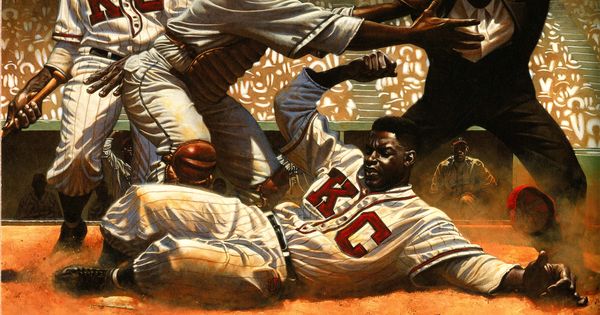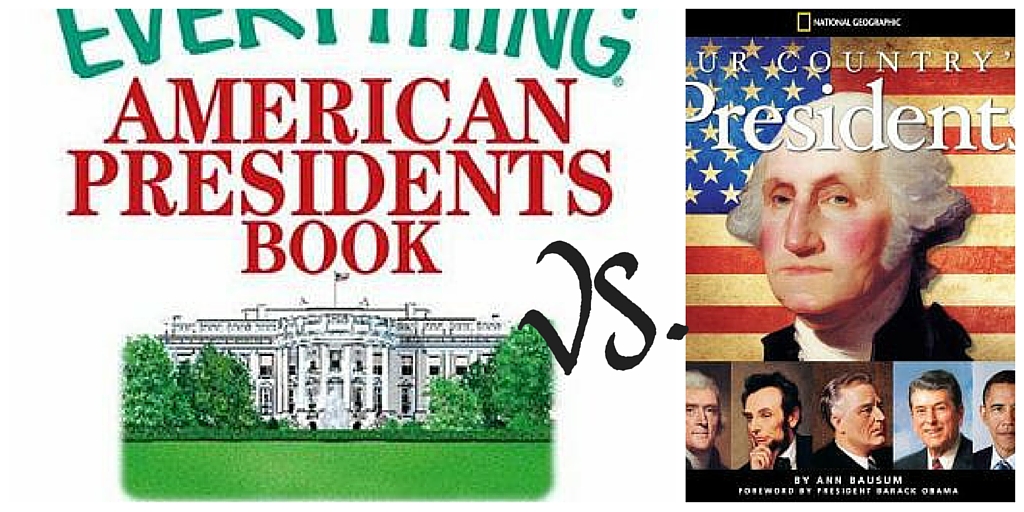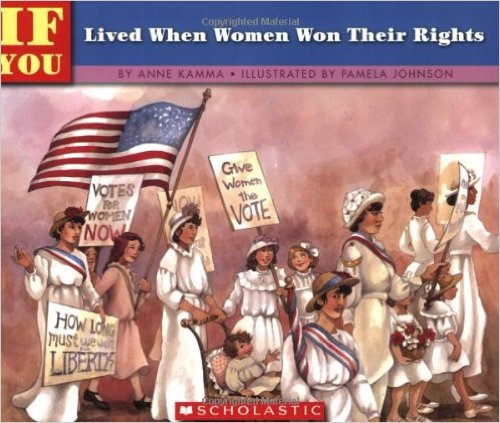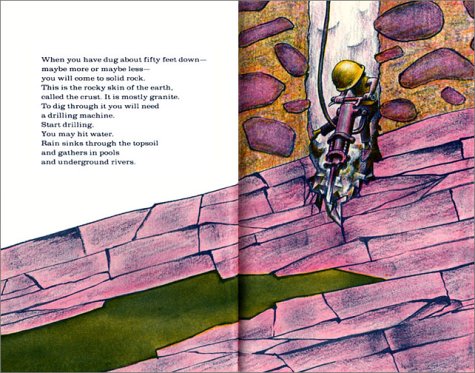Readers Who Know What They Like: Like Handel, by MT Anderson


Handel, Who Knew What He Liked by MT Anderson. Candlewick Press, 2001.
A fun change from what one expects in a nonfiction book, Anderson’s text is witty and a mite sarcastic, with humorous illustrations.
The book tells an actual story, rather than miscellaneous facts, which not only makes for better retention, but makes the book interesting. How novel! An interesting book on a long-dead composer. I loved the fly on the wall in the first illustration, as well as the sarcasm about Handel’s wig.
P.S. Quite different from other Anderson reads (Octavian Nothing, Feed...)
In We Are the Ship Nelson combines fabulous paintings with rich text full of voice for a truly interesting look at the Negro League of baseball. The paintings are gentle, respectful, full of love with absolutely amazing use of light.
I'm going through our curriculum's book lists to see what I can get at the library and what we ought to purchase.
A book for those of us who seldom (if ever) experience a “summery” spirituality. Marty turns to the Psalms which are overwhelmingly wintery and seldom mention the life to come, something I’d never noticed before.
Dr. Rubin, an influential sociologist and psychotherapist, has collected stories of her experiences as a therapist and recorded them here. Both an instruction manual and a fascinating set of case studies, this book provides endless insight into the therapeutic process and human nature. Her storytelling is superb, her love...
The intro is sort of dry, but the melding of fiction and nonfiction with fascinating detail on construction held my interest to the end. Yet why was there such a need for bathing? (I know it’s ritual bathing, but the text doesn’t tell me this.) There’s a ton of info on engineering, but not much...
Would it be admitting ignorance to say I don’t like poems I don’t understand? I mean, I sort of understand “The Perceiving Self,” but I mostly don’t. It makes me wonder...
The story of Fritz’s childhood in China. A memoir for children full of fun stories and written in an accessible fairy-tale tone. Rich detail, vivid storytelling, a likable protagonist. There is very little difference between...
Now here is a compelling and well-told story! Kamma never loses her narrative thread, she includes quotes and details, and she keeps the details to those that ground the story or move it forward. She, in short, finds a plot and...
Second person, a how-to booklet on digging to the center of the earth and beyond. Fact meets fun. The fantasy element combined with scientific detail make this a favorite and true classic. But hey, my copy didn't come with a CD!
That aside...
Rebecca has been writing since childhood, her first book about a kitten published between homemade cardboard covers in second grade. Although she studied religion and philosophy in university, she continued writing, earning an MFA from Hamline University and publishing multiple picture books (no longer with homemade covers) and a collection of poetry with a variety of New York and independent publishers. She has also published a wide array of fiction, essays, and poetry in magazines and journals and photographs for Getty Images. She balances writing with homeschooling the younger of her six children, launching her young adults, church activities, and overseeing a small flock of chickens in rural West Michigan.










Seriously, An American Plague: The True and Terrifying Story of the Yellow Fever Epidemic of 1793 was entirely fascinating. Like brain porn or something. I love medical weirdness and plagues and boils and gross stuff. So this book had me from the title.